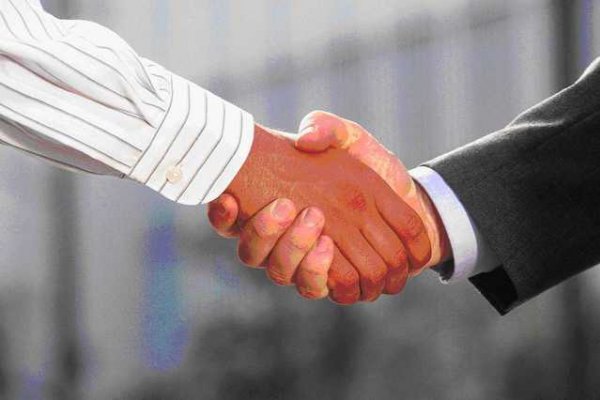|
Pesach is the only holiday that we are given a second chance. The “second chance” began in the desert, when a group of people came to complain to Moses. They had been unable to bring the Paschal offering in the proper time, since they had been impure due to contact with the dead. “Why should we miss out?” was their complaint. They had been involved with one mitzvah—purifying and burying the dead. As a result, why should they miss out on another mitzvah?
G-d accepted their argument, and instituted a new holiday, known as Pesach Sheni. Taking place on the 14th of Iyar, exactly one month after Passover, Pesach Sheni is a second opportunity for anyone who was unable to bring the Paschal offering the first time around. We were given this holiday in merit of those who spoke up, saying, “Why should we miss out?”
As the previous Lubavitcher Rebbe, Rabbi Joseph I. Schneerson writes, “The theme of Pesach Sheni is that it is never too late. We can always make amends. Even one who was impure, or on a distant road, or even one who willfully missed out on the mitzvah, can still fix it.”
According to Jewish law, one can be exempted by bringing an offering on Pesach Sheni only if one was impure or on the road during Passover, even if those conditions were avoidable. If someone missed out on the mitzvah for any other reason, then a priori they cannot perform the mitzvah on Pesach Sheni; however, bringing the offering on that day exempts them from any punishment. Similarly, someone who fails to bring an offering on the first day of Passover, relying on Pesach Sheni, is still able to bring an offering then.
In this regard, Pesach Sheni is even greater than teshuvoh. Teshuvoh is not accepted in the case of someone who says, “I will sin and then do teshuvoh.” However, Pesach Sheni can help even those who deliberately failed to bring an offering the first time around.
The reason that we are given a second chance for Passover is because it is likened to the birth of the Jewish people. If the birth is missing, then one’s entire existence is missing. For this reason, also, one who converted between the first and second Pesach, as well as a boy who became Bar Mitzvah during this period, can bring an offering on Pesach Sheni, even though they did not technically miss out the first time around, since they weren’t obligated then.
A question arises whether we will be obligated to bring a Paschal offering if Moshiach comes and the Holy Temple is rebuilt before Pesach Sheni. There are conflicting opinions in the Babylonian and Jerusalem Talmud; apparently, Pesach Sheni applies to individuals but not to communities, and since none of us brought an offering on the original Pesach, then Pesach Sheni does not apply. However, there is a minority opinion that it does apply, even on a communal level.
May it be G-d’s will that we immediately merit the fulfillment of the prophecy of consolement (Isaiah 51:12), “I, yea I am He Who consoles you.” G-d uses the word “I,” anochi, twice, unlike by the giving of the Torah, when it was used once. This is to allude to the fact that those who do teshuvoh are, in certain respects, on a higher level than tzadikim, as in the verse, “I, yea I erase your transgressions for My sake, and your sins I will not remember” (Isaiah 43:25). May it happen immediately, with the full and complete Redemption with Moshiach.
(Based on an address of the Lubavitcher Rebbe, Likutei Sichot vol. 12, p. 216.)
|
